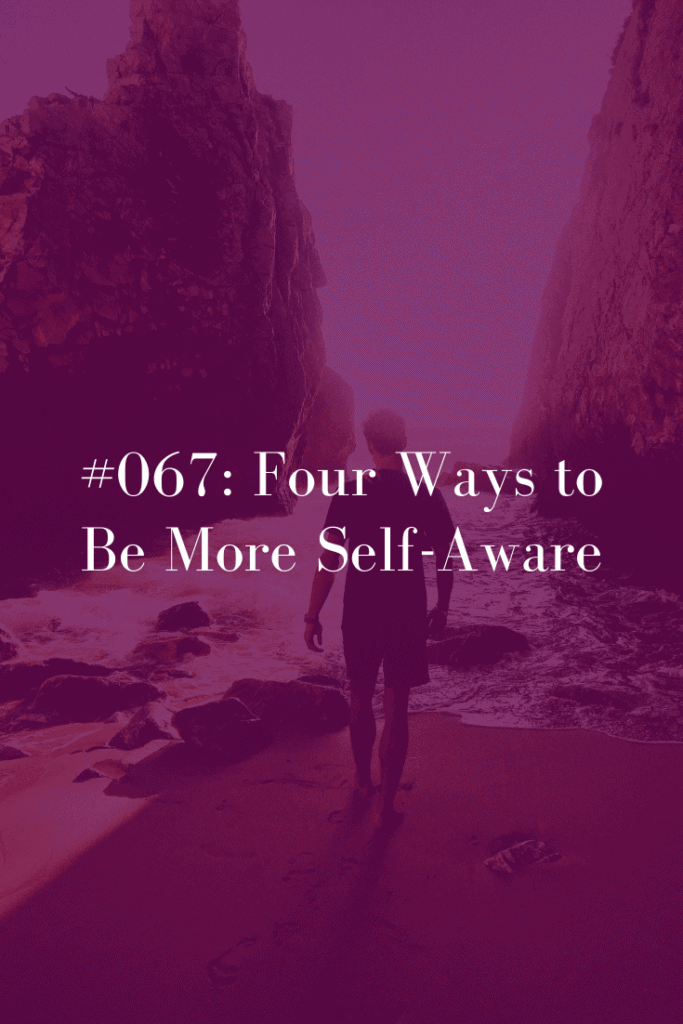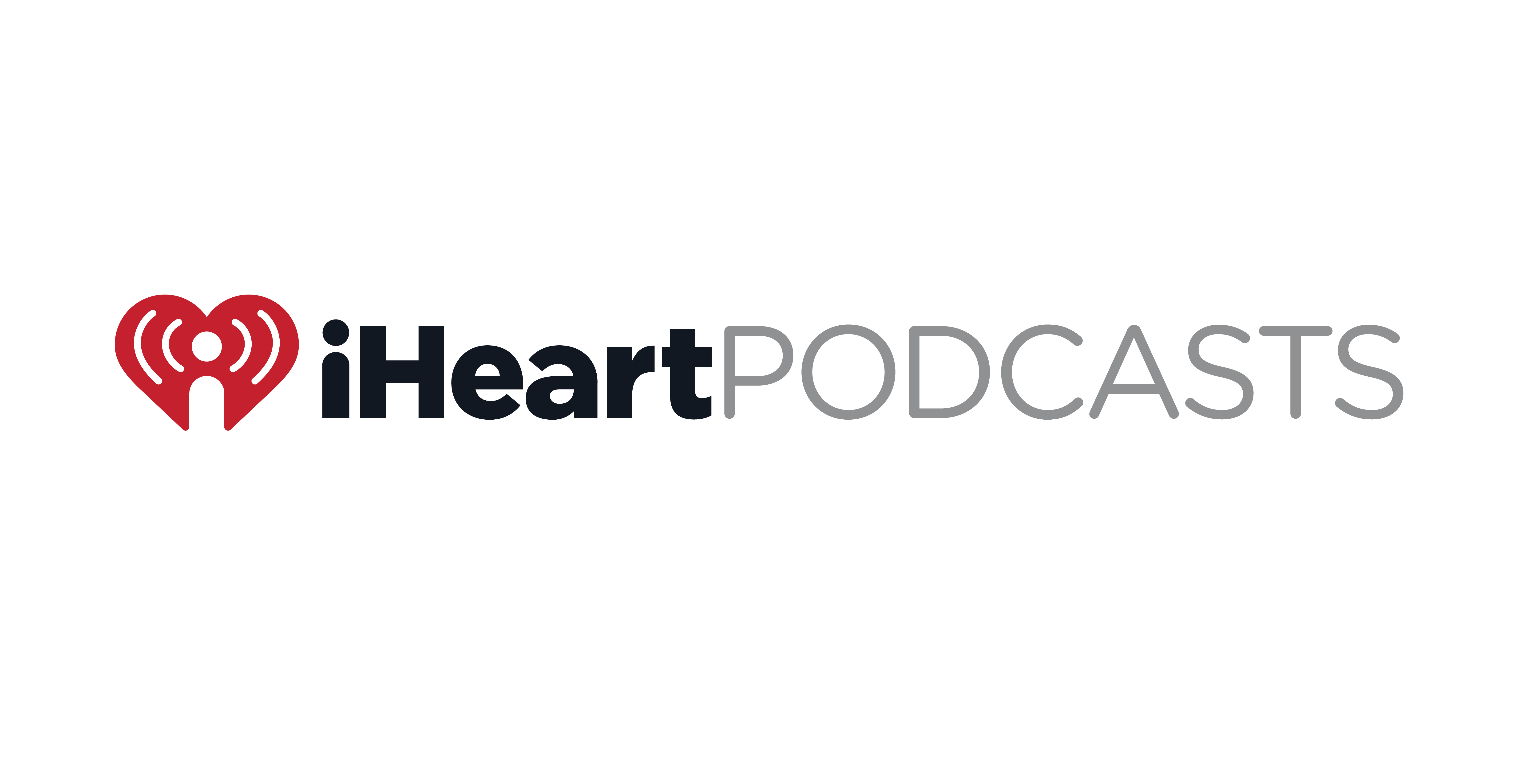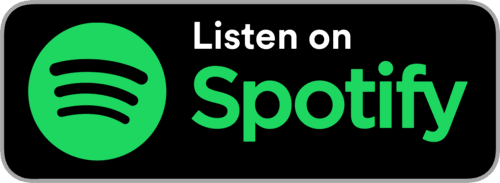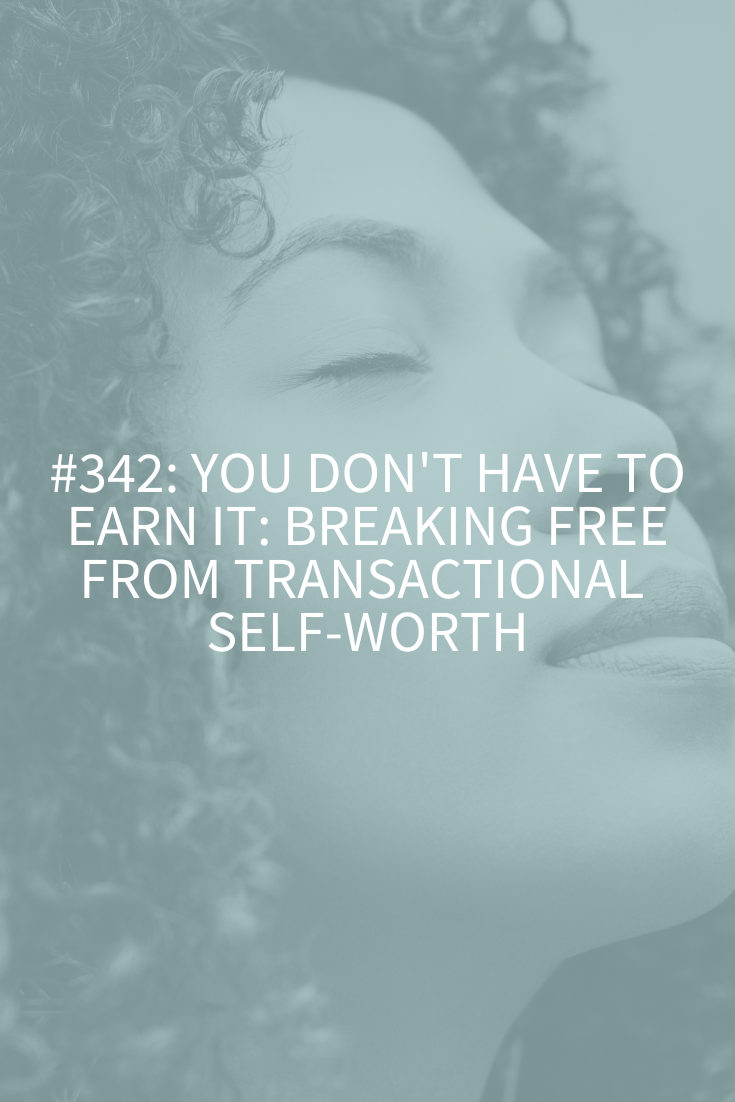
People who are self-aware are more fulfilled, have stronger relationships, are more creative, more confident and better communicators. They’re less likely to lie, cheat or steal and they do better at work and are more promotable (all according to the research).
Earlier this month, I talked about the difference between being self-aware and being mindful. All month I’ve been writing and podcasting about why being mindful will bring more happiness into your life and how being mindful will definitely make you more self-aware. Today, I’m going to tap the brakes on all the mindfulness and focus on my top tips for being more self-aware.
First, I want to make sure that everyone listening knows about my YouTube Channel. I call these Connection Quickies and these are quick tips (less than 10 minutes) for deepening your connection with your partner and to communicate better with others in general.
There are two types of people: those who think they’re self-aware and those who actually are. According to research by Tasha Eurich (I’ll link to her cool Ted Talk on this topic in the show notes), 95% of people think they’re self-aware but the real number is closer to 10-15%.
But how can this be? I’ve been to therapy and I’ve watched Oprah! The issue is that we have a TON that’s hidden from our conscious awareness. We don’t realize this but we just “feel” that something is true, so we put that out there, but we’re actually wrong a lot of the time!
Today I’m going to teach you 4 other tools to get you there:
Self-Awareness Tool #1: Take a look in the mirror
A great tool to be more self-aware is to notice who pisses you off in your day-to-day interactions. It’s common to be annoyed by qualities in someone that we don’t like in ourselves. These qualities might be blind spots so you might not realize that these are things you need to work on or be aware of.
Self-Awareness Tool #2: Life Timeline Exercise
Check out my free download (located below the resources & links section) to quickly and easily create your Life Timeline Exercise so you can start being more self-aware today!
Self-Awareness Tool #3: Ask for Feedback
We all have traits that others see, but we are unable to see in ourselves. We call these “blind spots.” Do you see yourself as others see you? If not, you can address these blind spots by receiving honest feedback from people you trust.
Self-Awareness Tool #4: Ask What not Why
In Tasha Eurich’s research on self-awareness she found one thing that separated the folks that were self-aware from the folks who just thought they were. And that was that the self-aware people asked “what” and not “why.” So, instead of asking “Why did this happen to me?” start asking, “What could I do now to move forward?”
Resources and Links:
Tasha Eurich’s Tedx Talk on Self Awareness
“Stranger to Ourselves” by Timothy Wilson












